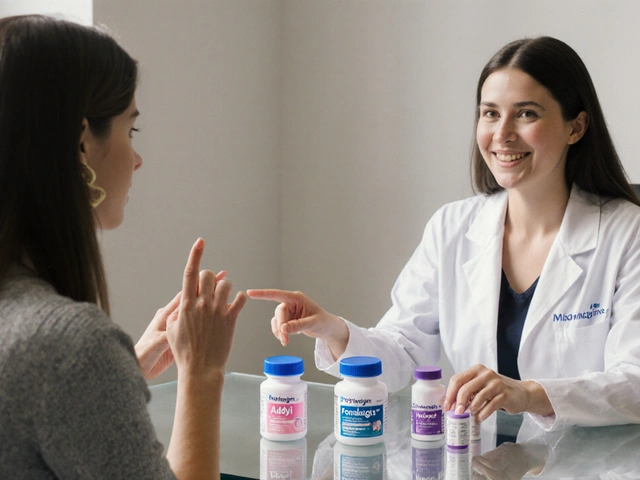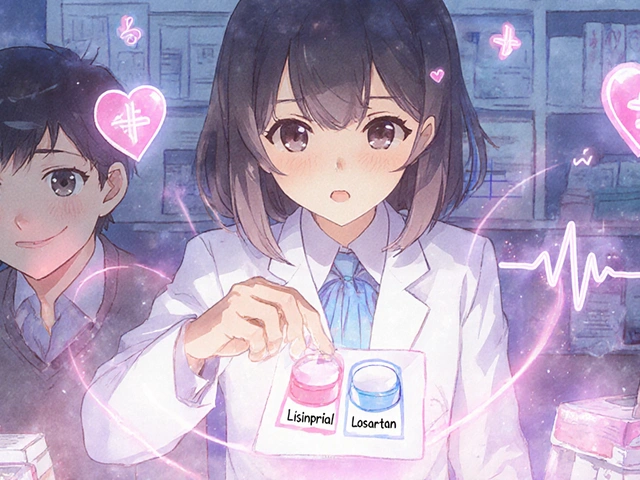Skin Side Effects: What to Watch For and How to Deal
If a new medicine makes your skin feel strange, you’re not alone. Many drugs cause rashes, itching, redness, or even swelling. Those reactions are called skin side effects, and they can range from harmless to a sign that you need to stop the medication.
First‑time users often think a rash will go away on its own, but a quick check can save you from bigger problems. Look at the timing – did the skin change start a few days after you began the drug? Did it spread quickly? Those clues help you decide whether it’s a mild irritation or something that needs professional attention.
Typical Skin Reactions
Here are the most common patterns you’ll see:
- Red patches or hives: Small, raised bumps that itch. Antihistamines usually calm them down.
- Dry, flaky rash: Often shows up with acne‑type medicines. Gentle moisturizers and a short break from the drug can help.
- Swelling (angio‑edema): Puffy lips, eyes, or throat. This is an emergency – call 911 or go to the ER.
- Photosensitivity: Skin burns after sun exposure while on certain antibiotics or anti‑inflammatories. Wear sunscreen and cover up.
- Pigment changes: Dark spots or light patches that linger after the drug stops. A dermatologist can suggest creams to even out tone.
Most of these reactions are dose‑related. If you can, ask your doctor if a lower dose or an alternative medicine exists. Sometimes switching from a tablet to a topical form reduces skin irritation.
When to Call a Doctor
Not every rash needs a prescription, but keep an eye out for these red flags:
- Spreading rapidly across the body.
- Severe itching that disrupts sleep.
- Blisters, pus, or oozing.
- Fever, joint pain, or sore throat together with the skin change.
- Any sign of swelling in the face, tongue, or throat.
If you notice any of those, call your healthcare provider right away. They may tell you to stop the medication, give you a short steroid burst, or refer you to a dermatologist for a skin‑specific plan.
While you wait for professional advice, you can try a few home steps:
- Use lukewarm showers, not hot ones – heat can worsen itching.
- Apply fragrance‑free moisturizers within three minutes of getting out of the shower.
- Avoid scratching. It can turn a mild rash into a painful infection.
- Take an over‑the‑counter antihistamine like diphenhydramine if the itching is bothersome.
Remember, your body is trying to tell you something. Spotting skin side effects early and acting fast can keep a temporary irritation from becoming a long‑term issue.
Bottom line: if a new drug makes your skin act up, note the timing, describe the look, and don’t wait if the reaction looks serious. A quick call to your doctor or a visit to a dermatologist can keep you on track with the treatment you need while protecting your skin.
6 July 2025
Tessa Marley
Is halobetasol safe for your skin? Discover how this strong prescription steroid cream works, who should use it with caution, and essential safety tips.
Continue Reading...






